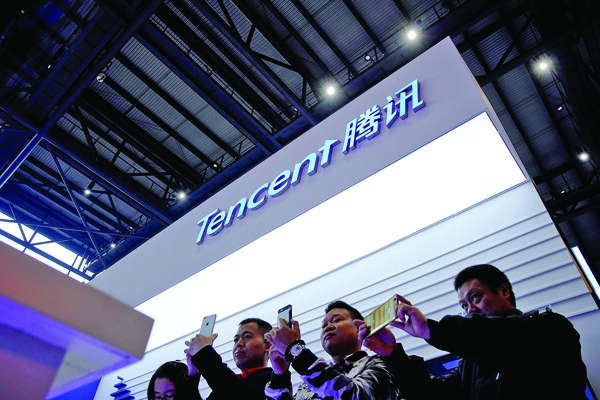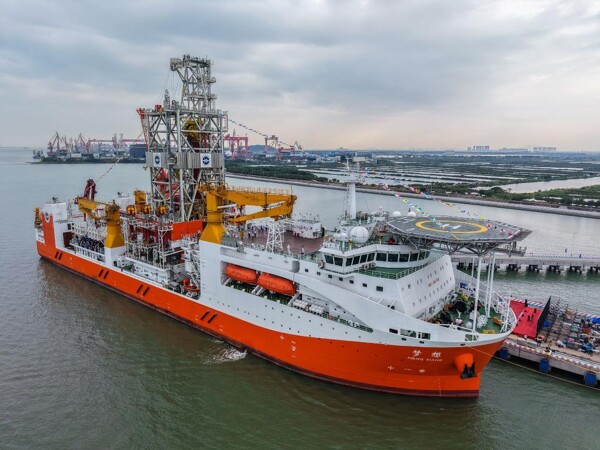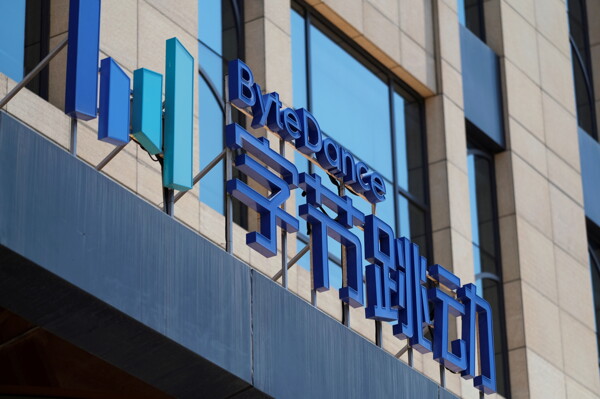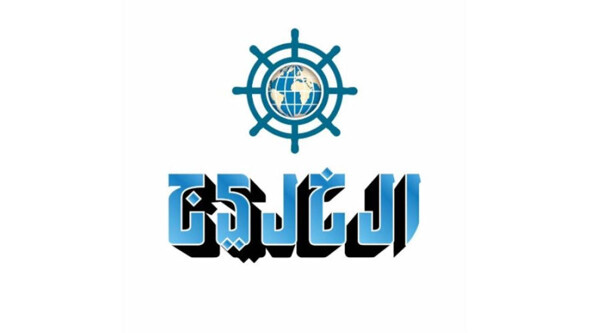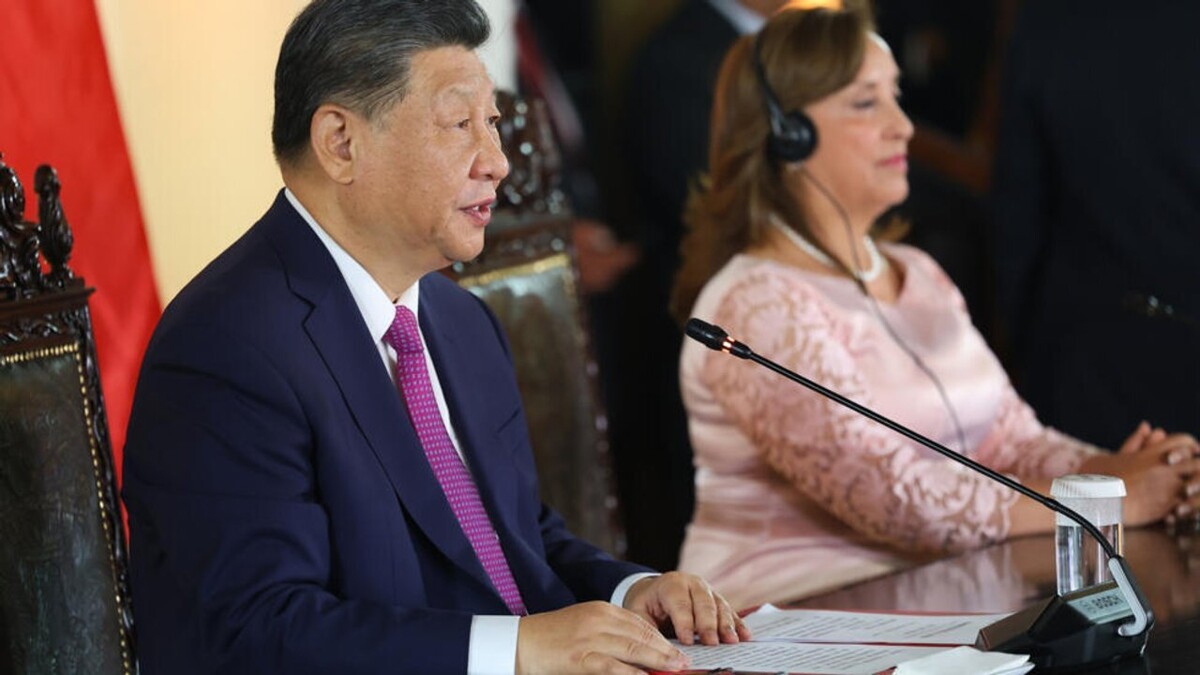
At the 31st Economic Leaders' Meeting of the Asia-Pacific Economic Cooperation (APEC) forum, Chinese President Xi Jinping advocated for the adoption of a new document to guide the process and invigorate the open economy of the region. During the meeting, China promoted initiatives such as increasing the income of the population and developing industrial clusters of SMEs to contribute to inclusive development in the Asia-Pacific.
As the host of APEC in 2026, China committed to working with all parties to enhance cooperation in the region. He emphasized that reform and opening-up are fundamental pillars for development and progress, highlighting trade agreements such as the one signed with Peru and the conclusion of negotiations with ASEAN to update the China-ASEAN Free Trade Area 3.0.
Xi Jinping underscored the importance of green innovation as a driver of development in the region, advocating for coordinated digital and ecological transitions to boost growth in the Asia-Pacific. In the speech, China's commitment to strengthening green and innovative cooperation with various parties was mentioned, fostering new quality productive forces.
The Chinese president urged leveraging the APEC platform to strengthen economic and technological cooperation, support developing and vulnerable economies, and improve the equitable distribution of the benefits of economic development. The importance of orderly opening in sectors such as telecommunications, the internet, education, culture, and health was also mentioned.
In this context of accelerated global changes, China advocates for multilateralism and an open economy, activating APEC's role as an incubator of global economic rules. The emphasis was on regional economic integration to promote the circulation of trade, investment, and technology in the Asia-Pacific, as well as the construction of the region's Free Trade Area.
China proposed initiatives such as the Global Cooperation Initiative for Cross-Border Data Flow and the application of digital technologies in various sectors to contribute to high-quality development in the Asia-Pacific. Additionally, the concept of inclusive development that benefits all in the region was highlighted, with the comprehensive implementation of the Putrajaya Vision 2040 and strengthening reform for Chinese modernization.











